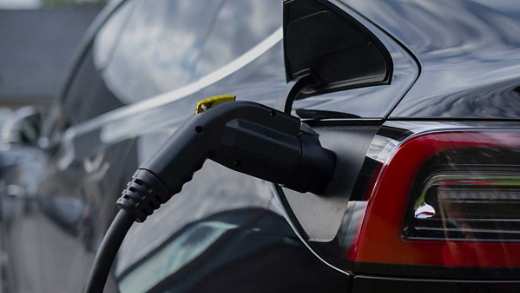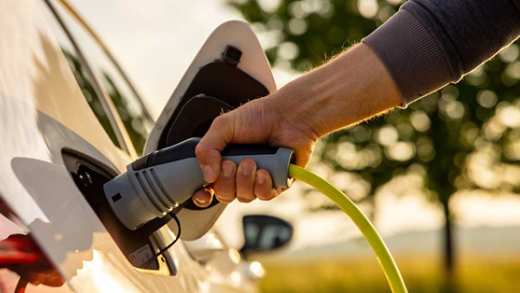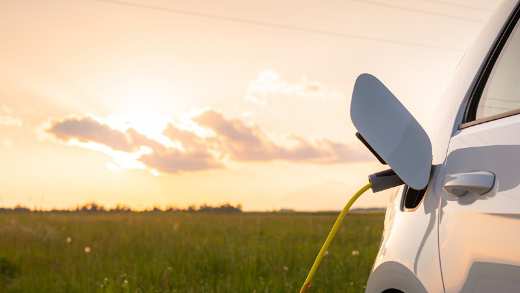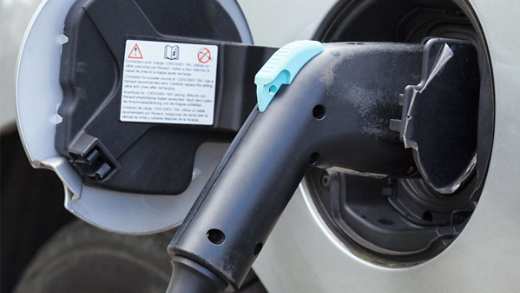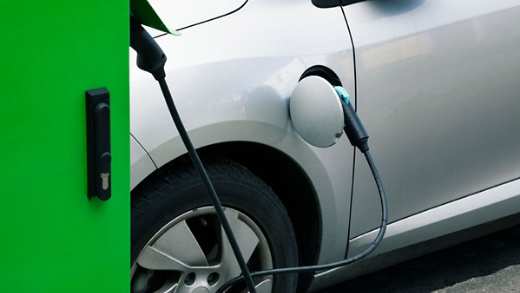2021 saw sales of electric cars in Ireland more than double; today, around one in twelve cars on Irish roads is a fully fledged electric vehicle (EV).1 While it’s long been an accepted fact that the future is electric, there’s more and more people plugging in at present, too.
If you’re thinking of making the change, or wondering just what it is that’s convinced so many Irish drivers to embrace electric, then read on; from the economic to the environmental, we’ve pulled together the need-to-knows when it comes to the revolution on our roads…
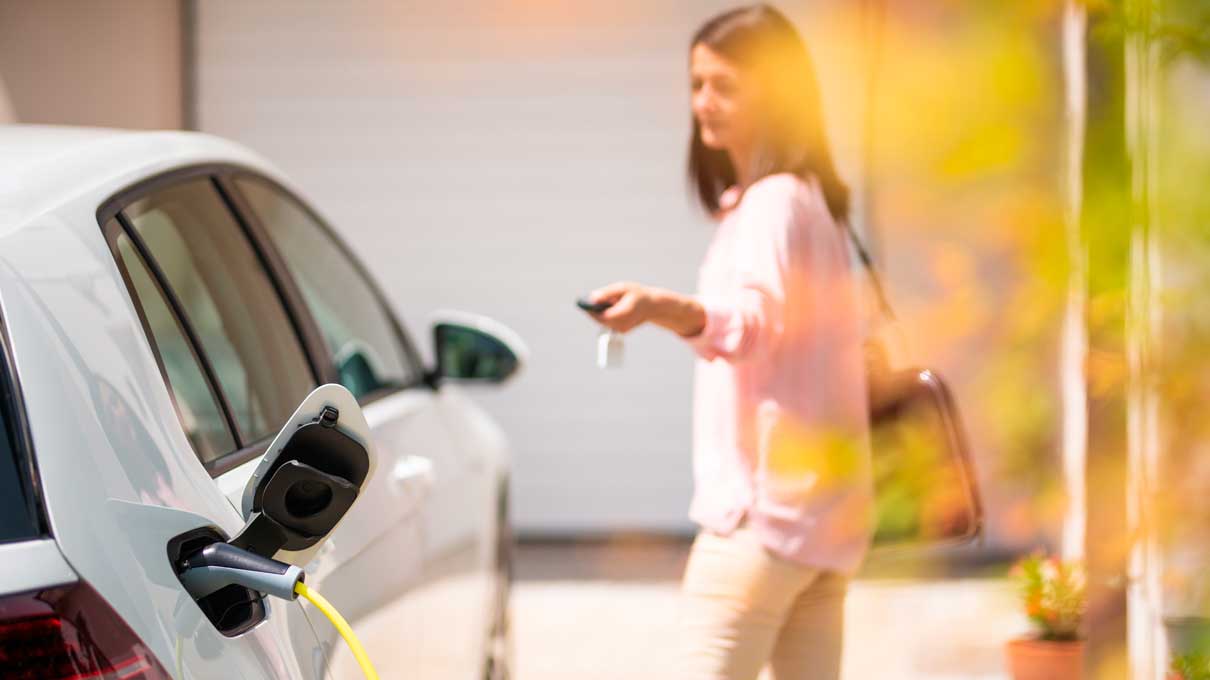
Why drive an electric car?
When making a list of pros and cons to buying an EV, you can expect the pros side to fill up pretty quickly – and the case is becoming more compelling by the day.
Cost
While the price of EVs was once seen as being prohibitive, that’s no longer the case. In fact, once you factor grants (which we’ll get to shortly) and running costs into the equation, the bottom line looks entirely comparable to petrol and diesel counterparts. With the lowest road tax and cheaper servicing, the savings add up quickly – we’ve also reached a point where the second-hand market has plenty of electric options too.
Fuel savings
You won’t have missed the conversation around fuel costs over the past few months – but an EV might help you leave it behind! Plugging in to charge overnight costs a fraction of what it would to fill a petrol tank, and won’t be beaten on convenience either.
Range
Many EVs now boast ranges of up to 500km; meanwhile, the average journey in Ireland is less than 8km.2 When you actually take the time to think about what your car is used for, you’ll likely discover that an EV is more than capable of ticking every box for your needs.
Environmentally friendly
Zero tailpipe emissions, eco-friendly fuel sourcing, and even a whole lot less noise pollution – the green credentials of EVs stack up pretty quickly. At a time when everyone is looking to play their part in protecting the planet, driving electric is a massive step towards making things better for Mother Nature.
Performance
From awesome automatic transmissions to cutting-edge connectivity, many EVs are up there amongst the most impressive machines on the road today. Even the most discerning of driving enthusiasts will likely be blown away by what top-end electric vehicles have to offer!
Electric car grants in 2022
As mentioned earlier, there are a range of initiatives backed by the government to make EVs a more attractive option.
- A grant of up to €5,000 is available towards the purchase of new battery electric vehicles (BEVs). (A price cap of €60,000 applies).
- You can avail of a grant of up to €600 to install a home charger unit for new and second-hand EVs.
- Enjoy toll reductions totalling 50% for battery electric vehicles.
- Relief of up to €5,000 is available on Vehicle Registration Tax, or VRT.
These come on top of the savings you’ll see from being included in the lowest band of Road Tax, capped at €120. Full conditions, along with the rundown on how to apply for these grants, can be found on the SEAI website.
Taking charge
If all of that’s enough to convince you that your next vehicle should be an electric one, then you’ll likely be looking at installing a home charger. While the grant will help cover the cost, and a registered professional must carry out the work, there’s things worth knowing before you introduce the device to your driveway.
The biggest issue is power supply. As you’d expect, charging your vehicle is no small task, and tends to take a significant share of your home’s power; while it’s not an issue most of the time, an electric shower (which itself is power-intensive) being turned on while your EV is charging could cause your fuse board to overload.
Your secret weapon to prevent this is a handy gadget known as a load manager or priority device. If there’s a sudden surge in power it will temporarily pause your EV charging, resuming again when it’s safe to do so. You won’t need this if your power shower is powered by a gas boiler; if in doubt, the electrician fitting your charger will be able to advise.
And when out and about, things are looking more and more electric every day. Once a novelty exclusive to urban areas, charge points are now a common sight, currently numbering around 2,000 at 800 sites around the country. Ambitious plans for the future see that number increase exponentially – so if your local supermarket doesn’t already have a charging station, it’s likely only a matter of time!
If you’re investing in an electric car, you’ll want to know it’s protected. Buy your car insurance online with Aviva and get a 15% discount. Get your quote today3.


